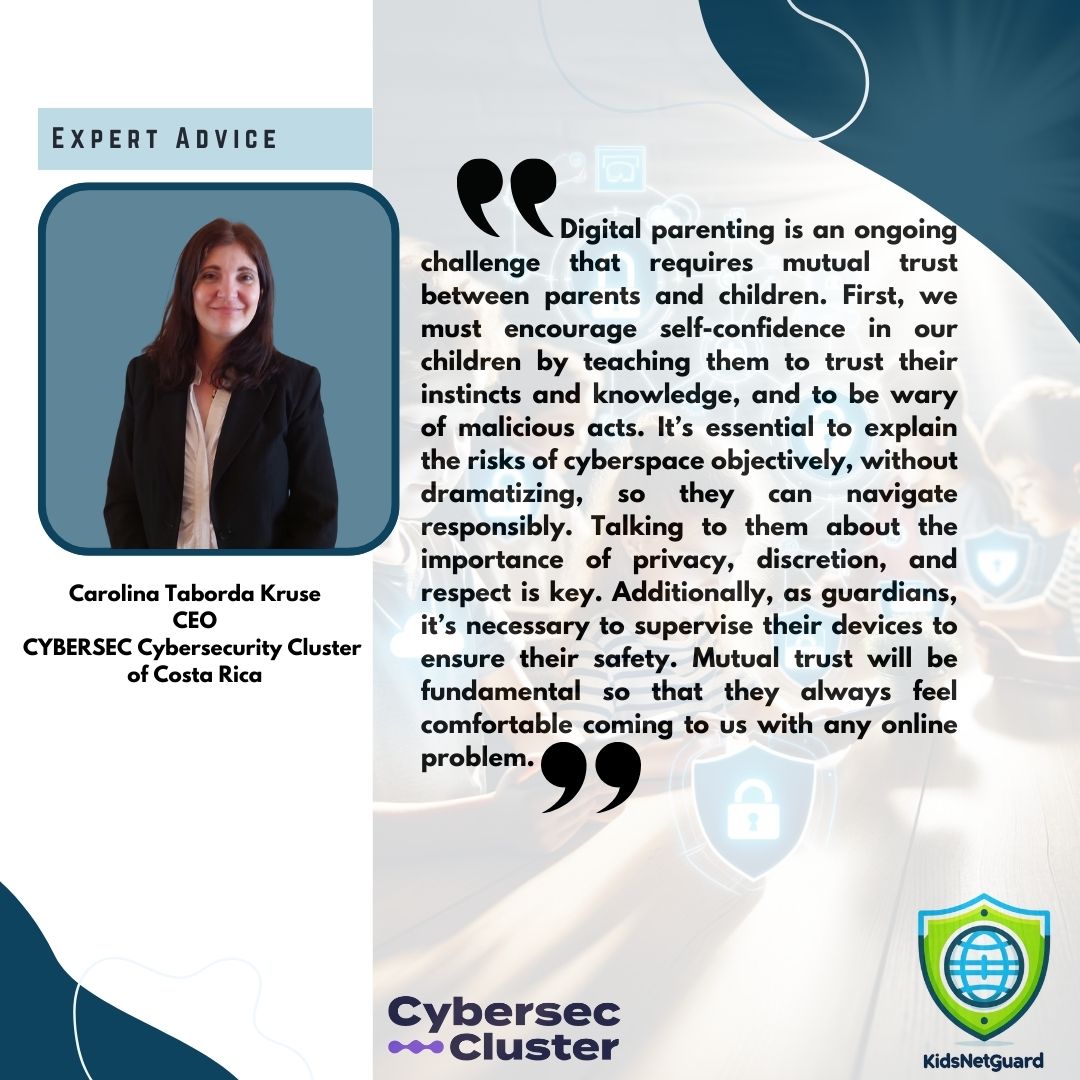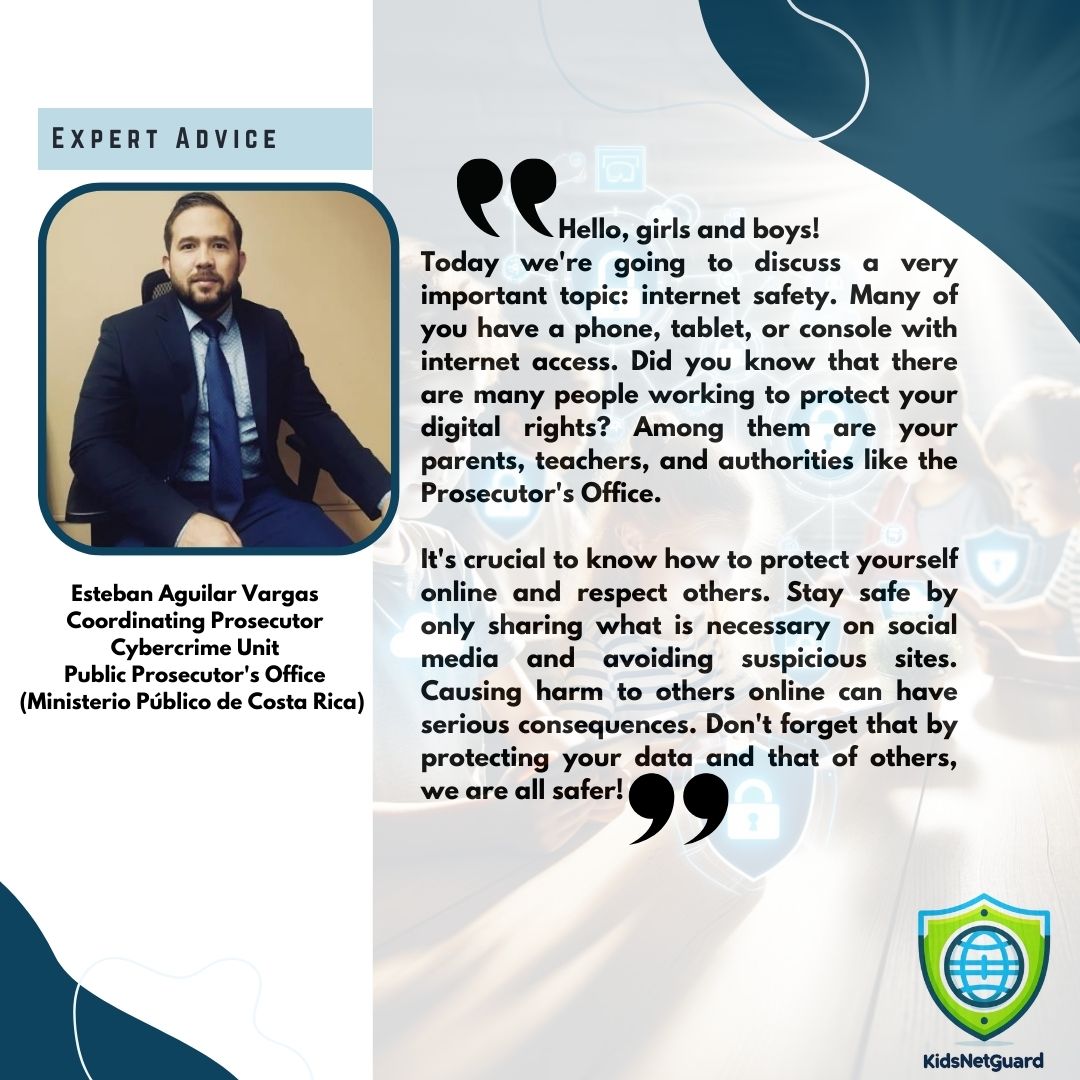Shaping cyber defenders: A comprehensive guide for mentors in ethical hacking and youth cybersecurity
In today’s cybersecurity landscape, young people, from teenagers to children, are developing an increasing curiosity about hacking. However, in a world where information on hacking is readily available to anyone with an internet connection, a crucial challenge arises: how can we ensure that this interest does not deviate into unethical or even criminal practices? This is where the role of mentors and specialists becomes indispensable. It is vital to channel this enthusiasm from an early age towards practices that reinforce digital security rather than compromise it. Educators and mentors must establish a clear distinction between ethical and unethical hacking, emphasizing the severe consequences that come with the misuse of these skills. By implementing advanced technical and educational strategies that foster a mindset of social responsibility, these young people can be guided to become protectors of cyberspace, motivated not only by their technical abilities but by a deep sense of ethics and legality.
Parental support is fundamental in the early stages of this journey into cybersecurity. From a young age, children can begin to develop basic digital security skills under the supervision and guidance of their parents. As young people grow and their understanding deepens, it is crucial to adapt teaching techniques to their level of maturity and knowledge. Initially, they should learn the fundamentals of cybersecurity, such as the importance of strong passwords, protecting online privacy, and identifying common threats like phishing and malware. Once these concepts are well understood, it is important that they gain a general understanding of the basics of networking, programming, and other essential technical concepts. This intermediate knowledge provides them with the tools they need to understand how the systems and networks they aim to protect operate. Finally, for teenagers who have mastered both cybersecurity fundamentals and technical aspects, introducing them to advanced environments, such as penetration testing labs in controlled settings, becomes an essential tool. These labs simulate corporate networks and systems with varying levels of security, allowing learners to experiment with advanced exploitation techniques, such as privilege escalation. This gradual approach ensures that young people not only learn technical skills but also understand the ethical implications of their actions in cyberspace.
As young people advance in their understanding of cybersecurity and acquire more advanced technical skills, it is crucial that they become familiar with virtual environments that simulate real-world security scenarios. The creation of these environments should allow them to experiment with different operating systems, security configurations, and services, reflecting the diversity and complexity of corporate networks. These simulations not only provide them with a deeper understanding of how threats behave in a controlled environment but also teach them the importance of advanced threat monitoring and detection tools. Through these practices, young people can learn to identify, analyze, and mitigate risks, preparing them to face real-world challenges in the field of cybersecurity.
After establishing a solid foundation in cybersecurity fundamentals and acquiring general technical knowledge, the next step is to guide young people in developing more specific skills, such as secure programming and code review. Here, mentors play a crucial role in teaching students how to write code that not only functions but is also resistant to vulnerabilities. Introducing concepts like static and dynamic code analysis can help young people identify common issues, such as SQL injections or buffer overflows, and understand how to mitigate these risks. As they progress, they can be introduced to more complex concepts, such as kernel-level vulnerability exploitation, always under guidance that emphasizes ethics and responsibility in the use of these skills. This gradual approach not only enriches their technical understanding but also prepares them to face real-world challenges in cybersecurity.
As young people improve their technical skills, it is essential to offer them opportunities to apply what they have learned in competitive and collaborative environments. Capture The Flag (CTF) competitions represent an excellent way to do this, allowing young people to put their knowledge into practice in situations that simulate real-world security problems. These competitions must evolve beyond basic challenges towards more advanced scenarios that reflect the complexities of modern corporate infrastructures. For example, CTFs can be designed to simulate attacks on critical systems, hybrid cloud environments, and telecommunications systems, integrating techniques such as pivoting, lateral movement, and API vulnerability exploitation.
Fostering collaboration in interdisciplinary teams, including those performing defensive roles (Blue Team) as well as offensive ones (Red Team), is equally crucial. This approach not only allows young people to experience both sides of cybersecurity but also underscores the importance of active defense, incident response, and threat intelligence in a collaborative environment. These experiences consolidate their technical skills while teaching them the value of teamwork and the need for a comprehensive cybersecurity strategy. With the right support, these competitions become a powerful tool for preparing young people to face real challenges in the future.
In the process of training young people in ethical hacking, it is not enough to develop technical skills; it is equally crucial to instill a deep sense of responsibility and ethics. Mentors must emphasize the importance of legality, privacy, and the consequences of actions in cyberspace. It is vital that young people understand that, while they possess the skills to explore and manipulate systems, they also have the responsibility to do so ethically and within established legal frameworks.
To reinforce these values, it is helpful to analyze case studies of ethical violations in hacking. Examining famous incidents that crossed the line of legality allows young people to understand the legal, financial, and social repercussions of such actions. This discussion should include a review of relevant laws and regulations, so they understand the legal framework in which they operate. Additionally, simulations and role-playing games can be used to confront young people with ethical dilemmas in realistic scenarios, such as managing vulnerabilities discovered in critical systems or deciding between responsible disclosure and exploitation of a vulnerability. These activities not only promote ethical decision-making but also prepare young people to handle complex situations in the real world of cybersecurity.
For cybersecurity training to be effective and accessible, it is necessary to integrate this knowledge into educational programs and offer it through specialized technology and security organizations. Technical colleges, for example, can include cybersecurity fundamentals in their curricula, providing modules that cover everything from basic concepts to more advanced skills. Moreover, organizations where members are cybersecurity specialists could develop programs aimed at young people, which not only impart technical knowledge but also promote a strong professional ethic. These programs should be designed to be accessible and engaging, using interactive teaching methods, such as workshops, ethical hacking labs, and Capture The Flag (CTF) competitions. It would also be beneficial to adapt existing educational programs to incorporate cybersecurity from an early stage, ensuring that students acquire deep and progressive knowledge that enables them to face the challenges of the digital world with integrity and competence. Collaboration between educational institutions, specialized organizations, and the tech industry is key to creating a generation of highly skilled and ethical cybersecurity professionals.
Mentors and cybersecurity specialists play a fundamental role in shaping the next generation of cyber defenders. It is their responsibility not only to impart advanced technical knowledge but also to instill a firm sense of ethics and responsibility. By guiding young people along this path, from the fundamentals of cybersecurity to more advanced techniques, and ensuring that they understand the ethical implications of their actions, we are preparing future experts who will protect cyberspace rather than threaten it. In a world where digital security has become a critical priority, this comprehensive approach is not only desirable but essential for safeguarding our most sensitive infrastructures and data. With the right support, these young technology enthusiasts will be well-equipped to face the challenges of the future and contribute positively to global security.







